Lower school adjusts curriculum
Fourth grade general studies teacher Ronit Miller sits with students on DEIJ Day to learn about relevant topics.
March 18, 2023
Clustered in the gym, Lower School students learn about poverty in America at their monthly morning meeting. Each month, they tackle a new topic in relation to diversity, equity, inclusion and justice (DEIJ). January’s topic was poverty awareness and February’s was Black History Month.
In addition to monthly school-wide morning meetings, the Lower School had a DEIJ Day of Learning on Dec. 22. Students focused on recognizing and breaking stereotypes about marginalized groups.
These initiatives are emblematic of an increased focus on providing diverse and inclusive learning experiences at CESJDS. Activities range from reading more diverse picture books to kindergarteners to discussing diversity in Israel with fifth graders.
Principal Rabbi Matthew Bellas said that DEIJ education is necessary as a part of teaching basic values to JDS students.
“I often come back to the basic saying, ‘Everything I need to know I learned in kindergarten,’” Lower School Principal Rabbi Matthew Bellas said. “You learn how to share, you learn how to be a good friend and you learn how to care for other people.”
According to Dr. Kimberly Sherk, the Lower School Language Arts, Social Studies and DEIJ Coordinator and Sarah Roark, the Lower School Head Media Specialist and T’filah Specialist, the Lower School strives to be inclusive in their media. For instance, they try to find books that represent different groups based on “physical ability, body type, race, religion, culture, gender, age, socio-economic status and family structure.”
Aside from more structured curriculum adjustments, a large element of the Lower School’s changes regarding DEIJ revolves around addressing natural questions that students have. A lot of these questions center around gender identity, which is Lower School Assistant Principal Rebecca Prigal’s primary focus when it comes to DEIJ education.
“[Topics surrounding gender] come up organically because children grow up and develop at different stages of their lives in a lot of ways related to their identity,” Prigal said.
According to Sherk, DEIJ initiatives at the Lower School have been successful and have mostly received positive reception from the JDS community. At the same time, Sherk said that she has faced some challenges in finding research about DEIJ education for very young students.
“By the time we get to fourth or fifth grade, it’s much easier,” Sherk said. “But making sure we approach topics in a way that students are ready for… [and] finding good research for the younger kids is the most challenging part of it for me.”
Though most parents are enthusiastic about the Lower School’s DEIJ initiatives, according to Bellas, a small percentage have expressed concerns. Some parents worry that these changes are politically motivated. While it is infrequent, Prigal said that there have been parents who have had their children opt out of lessons about gender inclusion.
Minor backlash aside, according to Vice-President of the Board and Co-Chair of the DEIJ Parent Committee Brian Liss, these issues are an extension of the education that students already receive at JDS.
“From my perspective, DEIJ is not a political issue,” Liss said. “It’s reflective of our core values and the school deals with DEIJ not from a political perspective, but from an educational perspective.”


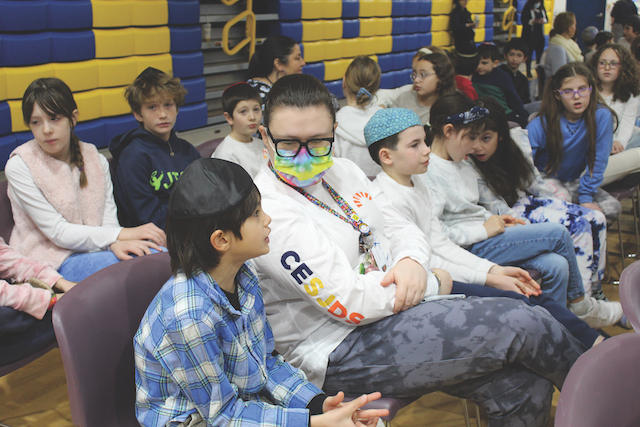
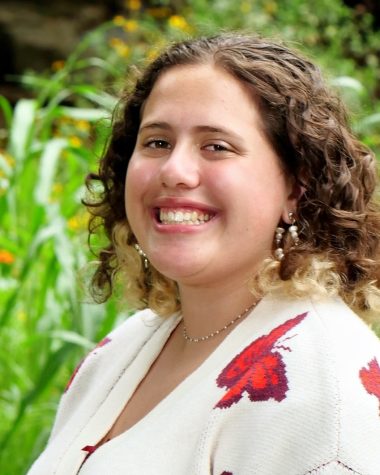


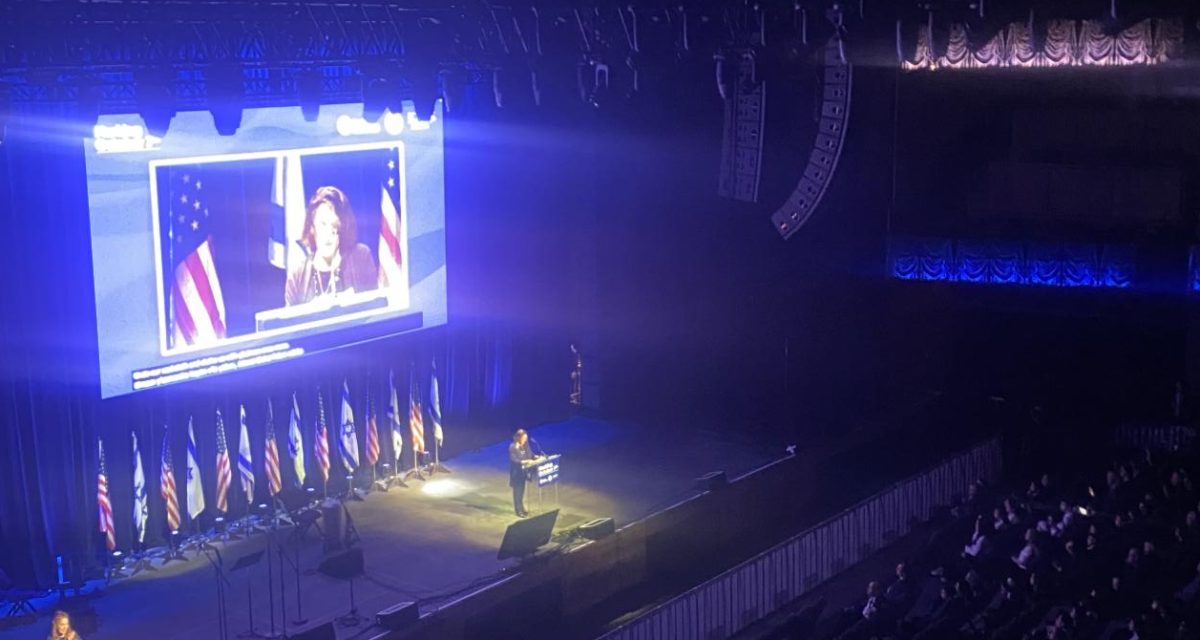
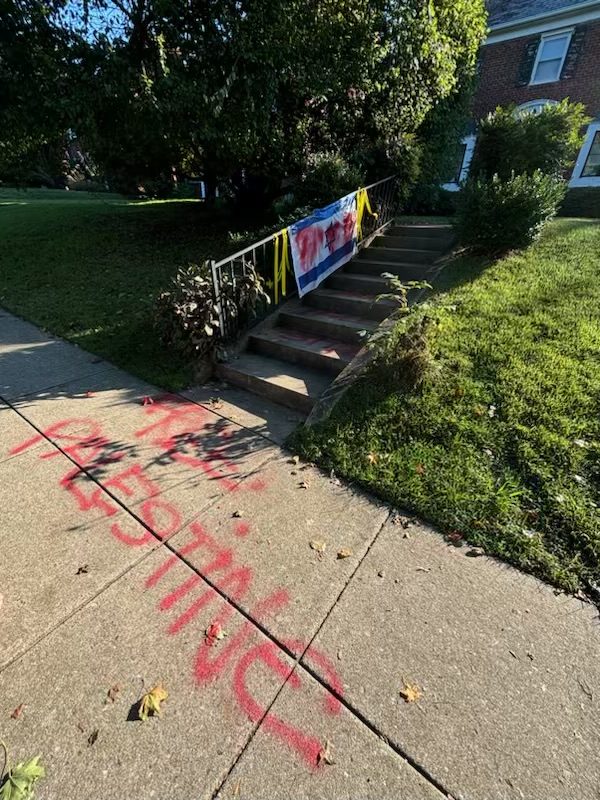
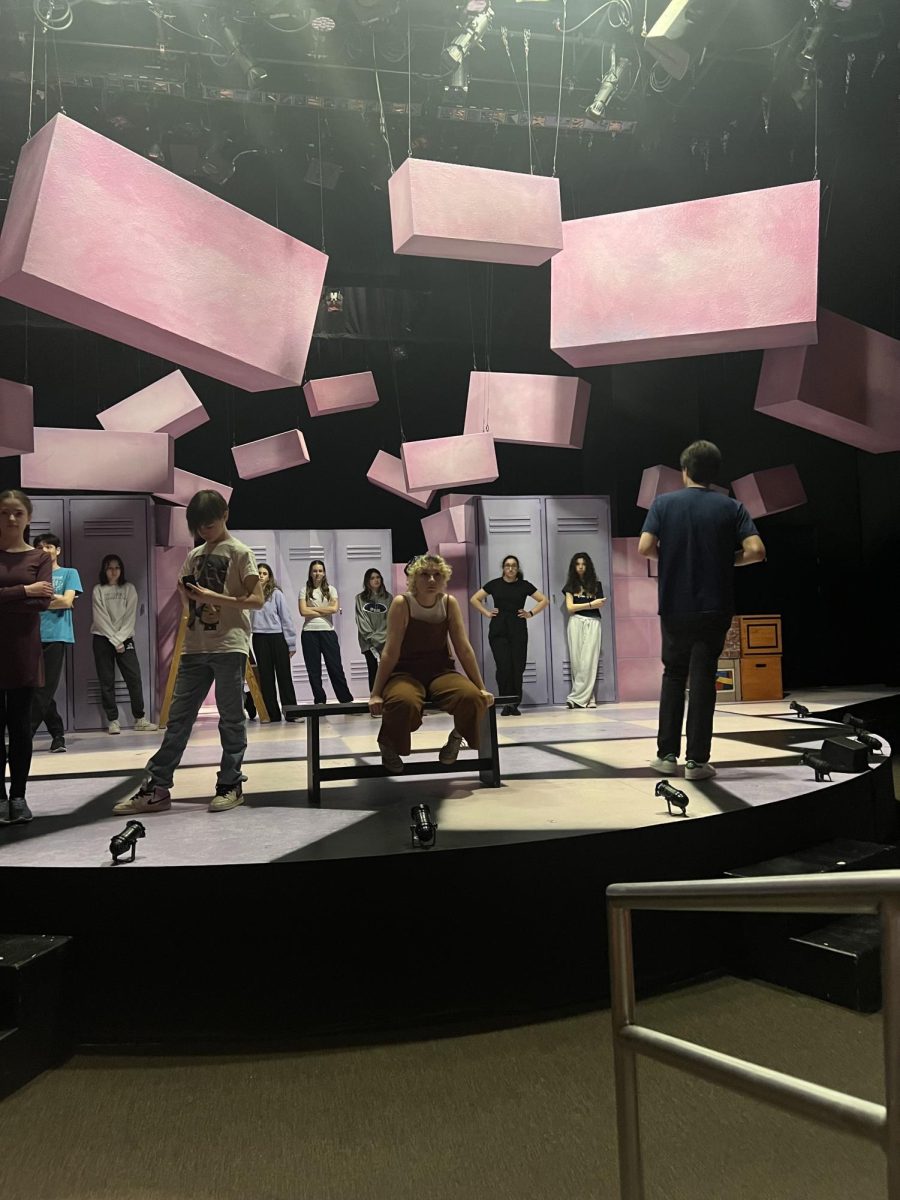

CESJDS Parent • Mar 30, 2023 at 9:42 pm
If you are a family concerned about the direction the school is taking with respect to the gender identity curriculum, you are not alone — many lower and upper school families have already expressed concern to the school, and many more are quietly uneasy.
The fact is, all families support the school’s goal of creating a safe, inclusive environment and teaching children to respect differences and behave kindly toward one another. Unfortunately, the school’s gender identity curriculum goes beyond that laudable goal, teaching children as young as six, for example, that “there is nothing that makes you a boy or a girl except for what makes you feel that you are inside your heart,” as the video handpicked for first grade puts it (“A Boy Like Me,” available on YouTube). Many parents object to the school introducing the idea that gender is a feeling to their young children. Some may not even be aware that the school is doing so.
Many have opted their children out of these lessons entirely, despite having to take time off work in order to pick up their children from school. (Unlike last year, when the school took the pluralistic approach of providing alternate care on campus for those who opted out, this year the lower school refused.) The school dismisses parents’ legitimate concerns as a minor backlash driven by politics, but those who have opted out or expressed concern span the political spectrum. Many of these parents feel it is within our rights as parents to decide if, when, and how to discuss such sensitive and personal topics with our children.
If you share our concerns, we welcome you to join others of like mind in helping steer the school back in a respectful, pluralistic direction that leaves sensitive topics such as gender identity to families and their children. We can be reached at cesjds.parents(at)gmail (replace (at) with @).
אם אתם משפחה שמודאגים מהכיוון שבו נוקט בית הספר ביחס לתכנית הלימודים של זהות מגדרית, אתם לא לבד – משפחות רבות מבתי הספר התחתונים והתיכוניים כבר הביעו דאגה לבית הספר , ורבים נוספים אינם נוחים בשקט.
העובדה היא, שכל המשפחות תומכות במטרה של בית הספר ליצור סביבה בטוחה ומכילה וללמד ילדים לכבד את ההבדלים ולהתנהג בחביבות אחד כלפי השני. למרבה הצער, תכנית הלימודים של זהות מגדרית של בית הספר חורגת מעבר למטרה הראויה לשבח, ללמד ילדים בני שש, למשל, ש”אין דבר שהופך אותך לנער או נערה חוץ ממה שגורם לך להרגיש שאתה בתוך הלב שלך”. כפי שהסרטון שנבחר לכיתה א’ מגדיר זאת. הורים רבים מתנגדים לכך שבית הספר מציג את הרעיון שמגדר הוא תחושה לילדים הצעירים שלהם. חלקם אולי אפילו לא מודעים לכך שבית הספר עושה זאת.
רבים בחרו לצאת משיעורים אלה לחלוטין, למרות שנאלצו לקחת חופש מהעבודה כדי לאסוף את ילדיהם מבית הספר. (בניגוד לשנה שעברה, כאשר בית הספר נקט בגישה הפלורליסטית של מתן טיפול חלופי בקמפוס למי שבחר, השנה בית הספר התחתון סירב.)
בית הספר דוחה את החששות הלגיטימיים של ההורים כתגובת נגד מינורית המונעת על ידי פוליטיקה. עם זאת, אלה שבחרו או הביעו דאגה משתרעים על הקשת הפוליטית. רבים מההורים הללו מרגישים שבזכותנו כהורים להחליט אם, מתי וכיצד לדון בנושאים רגישים ואישיים כל כך עם ילדינו.
אם אתה שותף לדאגותינו, אנו מזמינים אותך להצטרף לאחרים בעלי דעות דומות לעזור לנווט את בית הספר בחזרה לכיוון מכבד, פלורליסטי המשאיר נושאים רגישים כמו זהות מגדרית למשפחות ולילדיהם. ניתן להשיג אותנו בכתובת cesjds.parents (at) gmail.
A Parent • Mar 28, 2023 at 11:13 pm
Thanks to the Lion’s Tale for posting this article. Rabbi Bellas states that “a small percentage of parents have expressed concerns” over the initiatives. I understand that nearly 50 families– most of whom have students at the lower school–expressed concern over certain aspects of the curriculum; concerns ranged from: questioning the research/appropriateness of certain lessons for very young children (Dr. Sherk states that good research is hard to find for younger children) to the educational opportunity cost of so much focus on these topics when JDS students have a great need for general academics, to questions about the political intention inherent in teaching specific topics to very young children. There are parents, for example, who believe these topics are appropriate, but that they should not be taught by the school. Considering that apparently quite a lot of constituencies whose children attend CESJDS were unable to consider signing the letter –(including people who work for CESJDS, people who have close family members who work for CESJDS, families who are affiliated with the Israeli embassy, and certain professionals who work in the Jewish community and expressed concern over potential retaliation)– it is not clear that only a ‘small percentage’ of families feel marginalized by the adoption of the curriculum. Additionally, I am aware of several families seriously considering moving children away from CESJDS– as well as at least one family who selected to enroll a younger child elsewhere– due to questions stemming from the adoption and focus on this worldview.